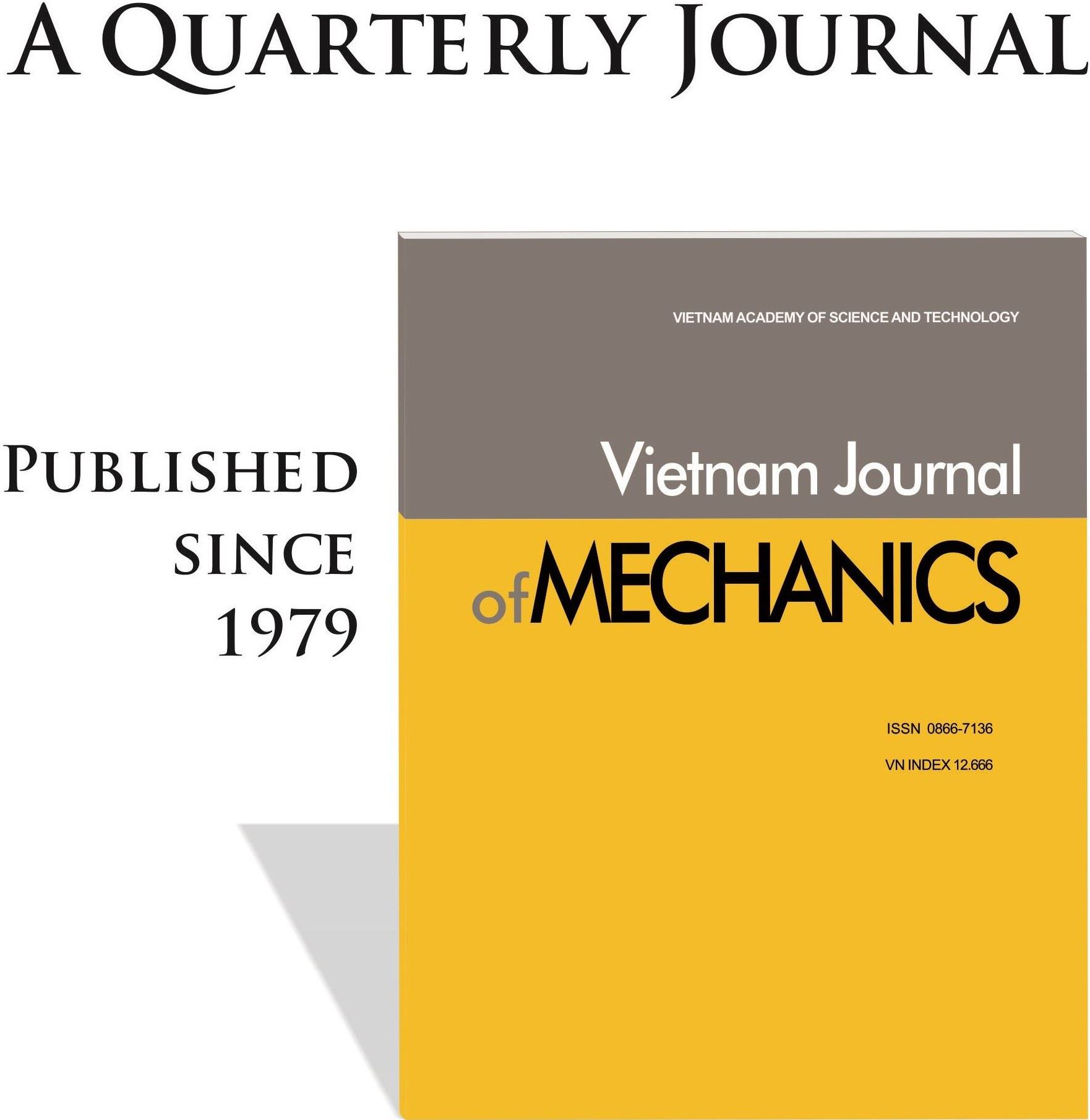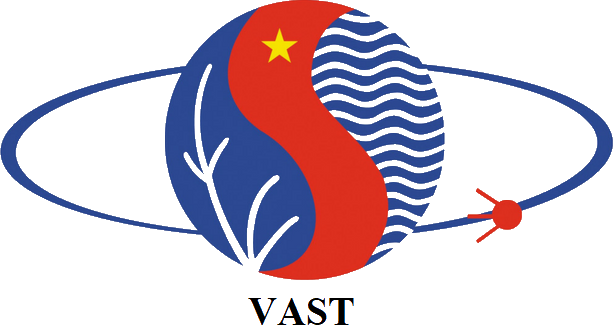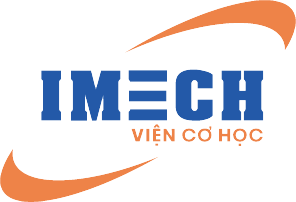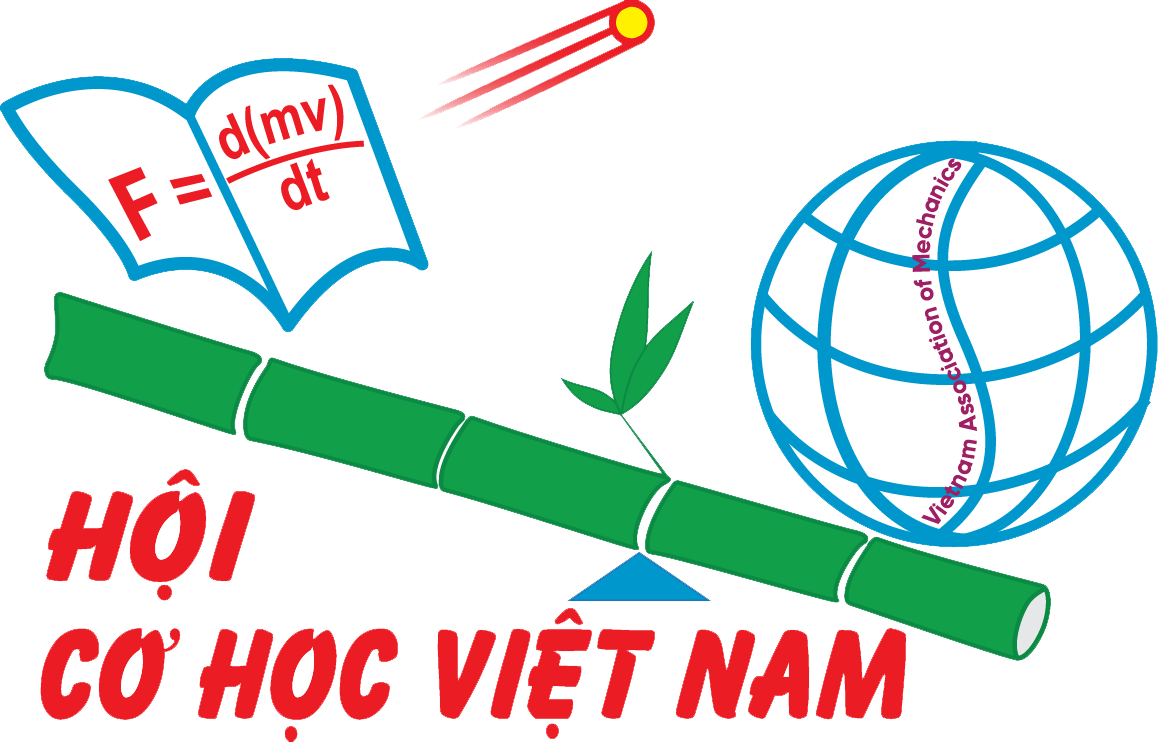Adaptive Singular Evolutive Interpolated Kalman filter and its application to data assimilation in 2D Water pollution model
Author affiliations
DOI:
https://doi.org/10.15625/0866-7136/17027Keywords:
adaptive filtering, Singular Evolutive Interpolated Kalman Filter, data assimilation, 2D water pollution modelAbstract
This study promotes a new algorithm for estimating the water pollution propagation with the primary goal of providing more reliable and high quality estimates to decision makers. To date, the widely used variational method suffers from the large computational burden which limits its application in practice. Moreover, this method, considering the initial state as a control variable, is very sensitive in specifying initial error, especially for unstable dynamical systems. The adaptive filter (AF), proposed in this paper, is aimed at overcoming these two drawbacks in the variational method: by its nature, the AF is sequential (no large batch assimilation window used) and stable even for unstable dynamics, with the gain parameters as control variables. The AF, developed in this paper, is an adaptive version of the Singular Evolutive Interpolated Kalman Filter (SEIKF). One of the new versions of this AF is that it uses a time-varying structure of the gain of SEIKF. To deal with the uncertainty of the system parameters and of the noise covariance, the proposed adaptive SEIKF (ASEIKF) makes use of the covariance of reduced rank iterated during assimilation process and of some pertinent gain parameters tuned adaptively to yield the minimum prediction error for the system output. The computational burden in implementation of the ASEIKF is reduced drastically due to applying the optimization tool known as a simultaneous perturbation stochastic approximation algorithm, which requires only two integrations of the numerical model. No iterative loop is required at each assimilation instant as usually happens with the standard gradient descent optimization algorithms. Data assimilation experiment, carried out by the SEIKF and ASEIKF, is implemented for the Thanh Nhan Lake in Hanoi and the performance comparison between the ASEIKF and SEIKF is given to show the high effectiveness of the proposed ASEIKF.
Downloads
References
D. Simon. Optimal state estimation. John Wiley & Sons, Inc., (2006).
G. Evensen. The Ensemble Kalman Filter: theoretical formulation and practical implementation. Ocean Dynamics, 53, (2003), pp. 343–367.
D. T. Pham, J. Verron, and M. C. Roubaud. A singular evolutive extended Kalman filter for data assimilation in oceanography. Journal of Marine Systems, 16, (1998), pp. 323–340.
D. T. Pham. Stochastic methods for sequential data assimilation in strongly nonlinear systems. Monthly Weather Review, 129, (2001), pp. 1194–1207.
H. S. Hoang, P. D. Mey, O. Talagrand, and R. Baraille. A new reduced-order adaptive filter for state estimation in high-dimensional systems. Automatica, 33, (1997), pp. 1475–1498.
H. S. Hoang, R. Baraille, and O. Talagrand. On the design of a stable adaptive filter for state estimation in high dimensional systems. Automatica, 37, (2001), pp. 341–359.
T. H. Tran, D. T. Pham, V. L. Hoang, and H. P. Nguyen. Water pollution estimation based on the 2D transport–diffusion model and the Singular Evolutive Interpolated Kalman filter. Comptes Rendus Mécanique, 342, (2014), pp. 106–124.
H. S. Hoang, R. Baraille, and O. Talagrand. On the stability of a reduced-order filter based on dominant singular value decomposition of the system dynamics. Automatica, 45, (2009), pp. 2400–2405.
C. Licht, T. T. Ha, and Q. P. Vu. On some linears problems on shallow water flows. Differential and Integral Equations, 22, (3-4), (2009), pp. 275–283.
J. C. Spall. Introduction to stochastic search and optimization. JohnWiley & Sons, Inc., (2003).
L. Zhang, D. Sidoti, A. Bienkowski, K. R. Pattipati, Y. Bar-Shalom, and D. L. Kleinman. On the identification of noise covariances and adaptive kalman filtering: A new look at a 50 year-old problem. IEEE Access, 8, (2020), pp. 59362–59388.
P. A. Sleigh, P. H. Gaskell, M. Berzins, and N. G. Wright. An unstructured finite-volume algorithm for predicting flow in rivers and estuaries. Computers & Fluids, 27, (1998), pp. 479–508.
P. Shanahan, M. Henze, L. Koncsos, W. Rauch, P. Reichert, L. Somlyódy, and P. Vanrolleghem. River water quality modelling: II. problems of the art. Water Science and Technology, 38, (1998), pp. 245–252.
V. Shutyaev, T. T. Ha, F.-X. Le Dimet, H. S. Hoang, and N. H. Phong. On numerical computation of sensitivity of response functions to system inputs in variational data assimilation problems. Russian Journal of Numerical Analysis and Mathematical Modelling, 37, (1), (2022), pp. 41–61.
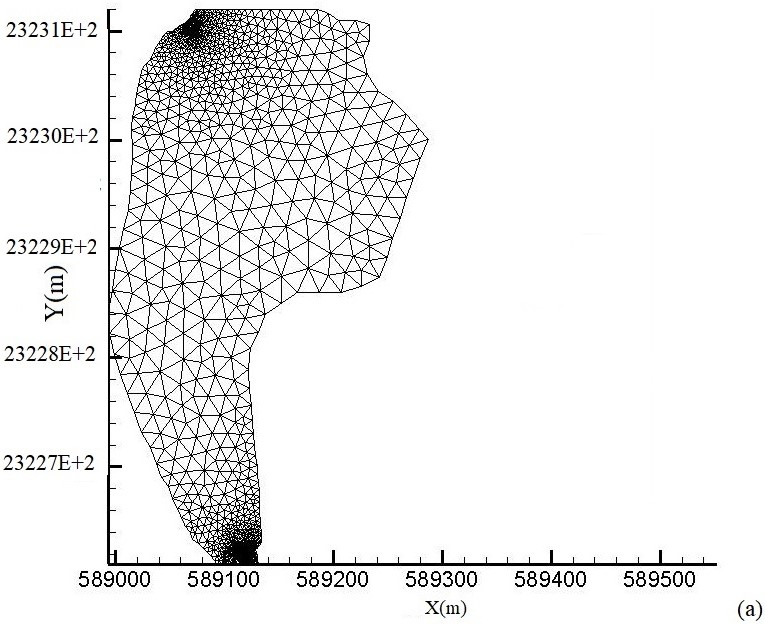
Downloads
Published
How to Cite
Issue
Section
License

This work is licensed under a Creative Commons Attribution-ShareAlike 4.0 International License.





